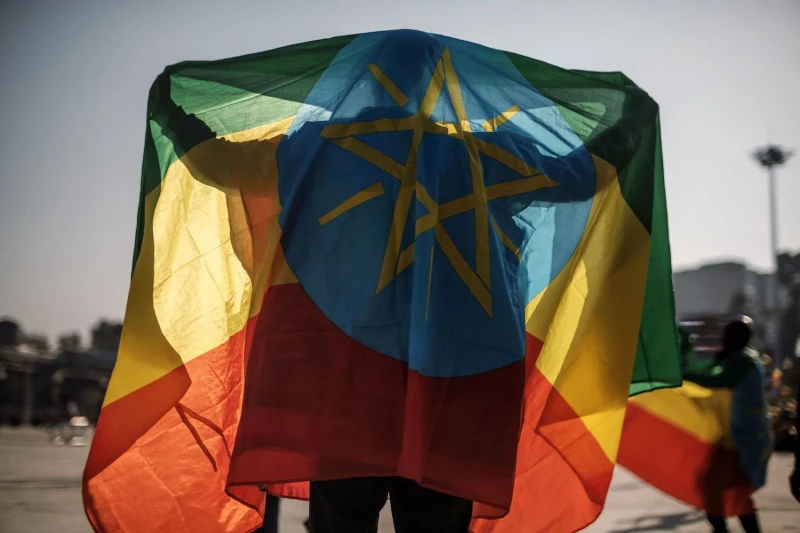Ethiopia’s peoples must be allowed to choose: either to make Ethiopia a consensual nation-building project or to let it go. Any national dialogue that does not acknowledge this reduces itself to a wrestle for power between political elites.
July 16, 2022
For unity to flourish in a place where there has been systemic oppression, the truth must be given space.
A dialogue that is grassroots-centred, trauma-informed, in search of transitional justice (a radically reparative process) and facilitative of a political decision-making process such as a referendum requires the adoption of a fiercely abolition politik whereby we re-imagine how adequate justice is facilitated through a grassroots process, instead of punitive state processes. We must be willing to re-invest every resource into people and the relationships that they have with one another at the most localised level. The future is not with the state project if that project is not born out of consensus or real dialogue.
Statements, comments or opinions published in this column are of those of the author(s) and do not necessarily reflect the editorial policy of Warsan magazine. Warsan reserves the right to moderate, publish or delete a post without prior consultation with the author(s). To publish your article or your advertisement contact our editorial team at: warsan54@gmail.com

